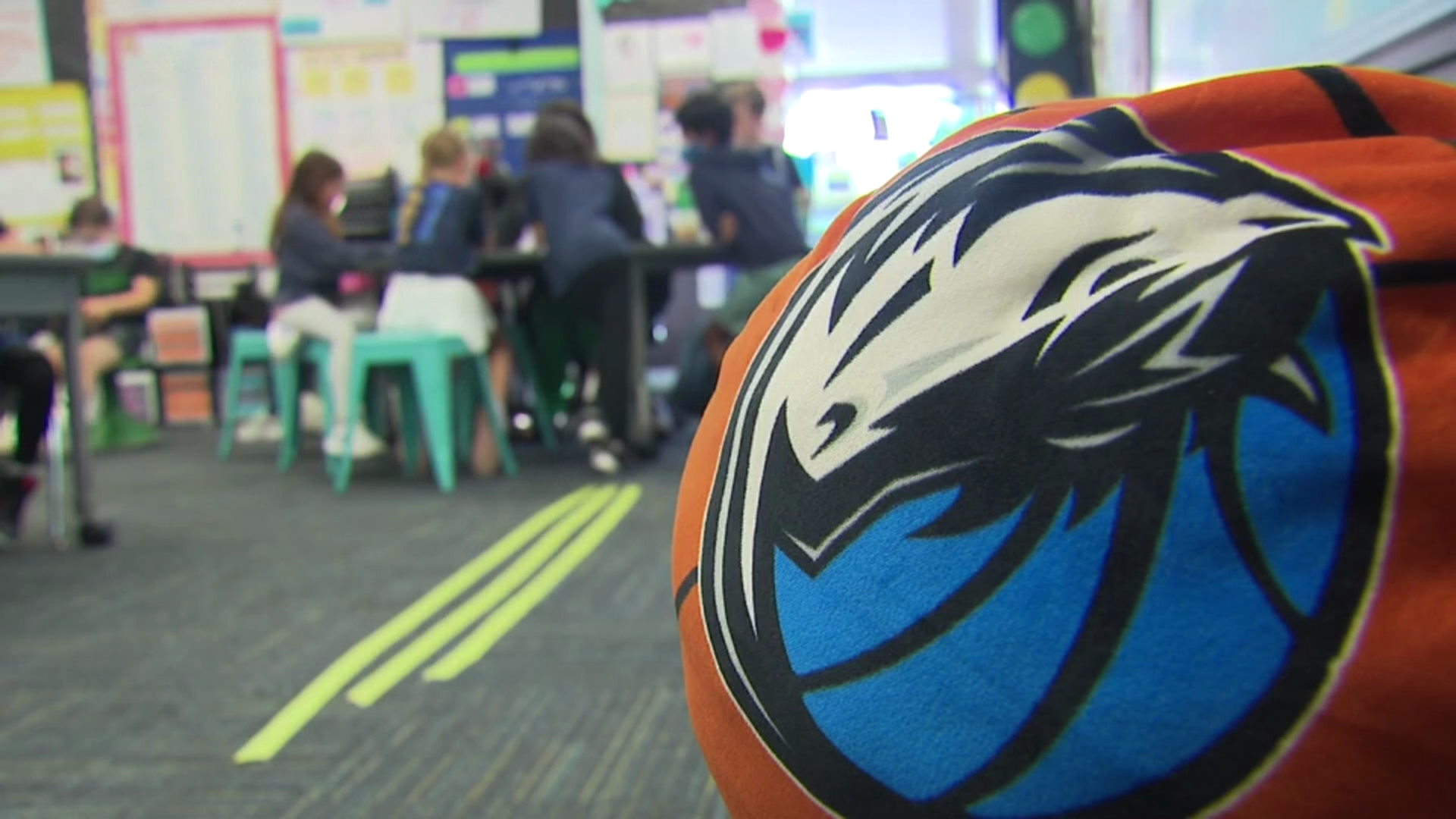Identity thieves and con artists are deliberately falsifying the name and number on caller ID boxes as a way to gain access into consumers' homes and, ultimately, their wallets.
Several viewers called NBC 5 to report the scheme, which is called phone or caller ID spoofing. Their caller ID showed NBC 5, but the caller was trying to sell something -- everything from home security systems to roofing services.
Howard Stevens, a long-time, loyal NBC 5 weather watcher and retired Air Force pilot, said he was surprised to get a call that popped up as NBC 5 on his caller ID.
"I looked down and saw Channel 5 on there, so my first thought was that they wanted to set up an interview to talk to me about my being a weather watcher since 1981," he said.
But the person on the other end of the line was not with NBC 5, but a caller who wanted to set up a meeting at Stevens' Bedford home. Stevens said he didn't catch the reason for the call and promptly hung up the phone.
Caller ID spoofing is telemarketing fraud, said Deanya Kueckelhan, director of the Federal Trade Commission's Southwest Region.
"It is a means that telemarketers or scammers use to entice a caller to pick the phone, and they will say anything, do anything and target everyone to reach your pocketbook," she said.
Local
The latest news from around North Texas.
Euless police Senior Cpl. Joe Hoerth said people are more apt to answer if the caller ID comes from a legitimate business such as NBC 5.
"As a citizen, I would think, too, I would probably answer the phone and figure out, 'Why is the news station calling me for some reason?'" he said.
Retired school principal Martha Partlow thought that when NBC 5 appeared on her caller ID box last spring.
"I thought, 'They must be taking a survey or something,'" she said.
But the caller said he was looking for roofing work after tornadoes ripped through the area. When her husband asked for a name and call-back number, he hung up.
Partlow said she thought potential schemers could be targeting residents who lived on the outskirts of heavily damaged areas because these neighborhoods might not be as well monitored.
"I wondered if they were going to the tax rolls and looking at names, looking at ages, and calling people who were retired or older than the retirement age," she said. "It annoyed me that I thought this may not be as random as it appeared. It may be targeting older people that are in the area."
"As soon as you answer the phone and you find out it's somebody trying to sell you something, the red flag should go up immediately on there," Hoerth said.
Authorities said consumers have to be vigilant.
"You cannot use caller ID alone as the sole authentication for the call," Kueckelhan said.
People should not give out any information on the phone unless they are sure of who is on the other line. Asking for a call-back number and calling the main number of the company are two other suggestions. Hanging up may be the best solution.
Residents should never set up a meeting at their home or tell anyone when they may not be there.
People can also report any potential spoofing calls to the Federal Trade Commission on its website or by calling 877-FTC-HELP. The FTC and other law enforcement agencies use that database to help with enforcement efforts.
More: FTC website



